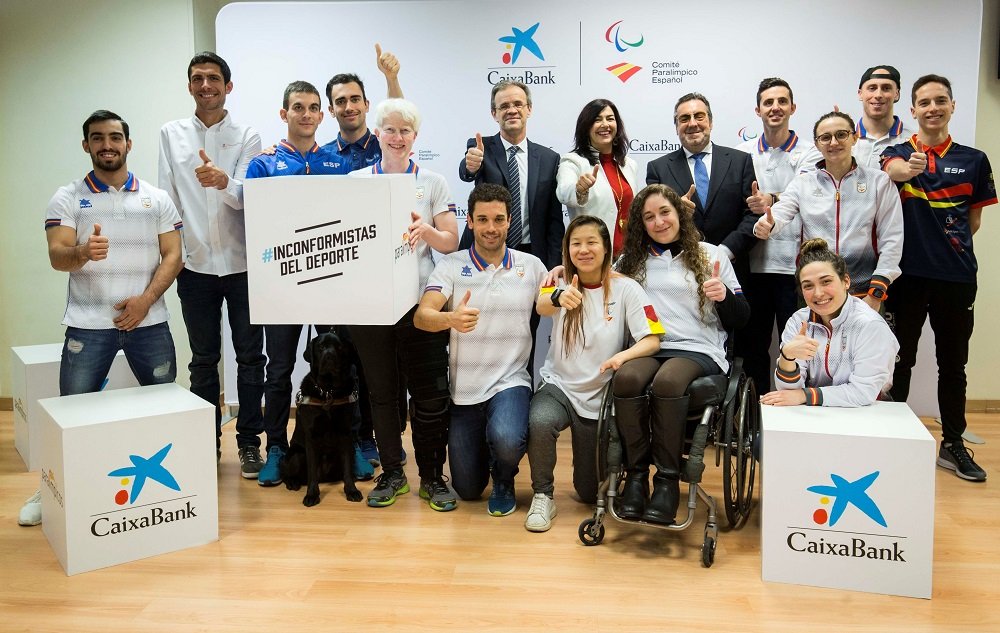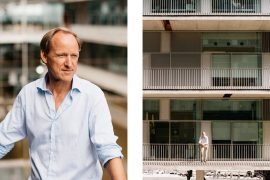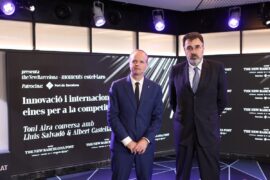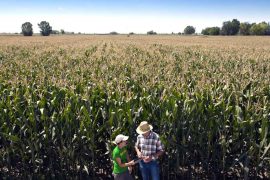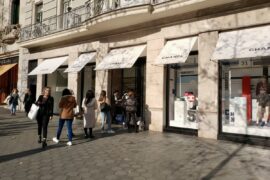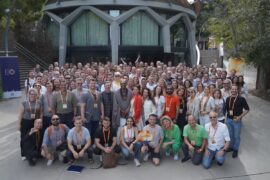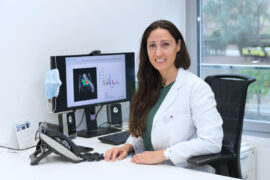[dropcap letter=”T”]
he organizers of Rio de Janeiro 2016 were forced to reduce costs both in personnel and in certain facilities where victories and medals had been celebrated a few days earlier. The budget was not enough. The Committee of the Paralympic Games in Rio de Janeiro also closed some of the press centres so that neither athletes nor information professionals could work as planned initially. It was not, however, the reason why the Spanish delegation went from the 42 medals won in London 2012 to 31 in the Brazilian event. But, still, works as an alert for the future of the event. The number of medals achieved may be deceptive, since more golds were obtained -nine- than four years ago, allowing a team in which the average age was 31 years to rise as the eleventh best country in the competition.
The decisions made in Rio de Janeiro, although distant, are not trivial. Neither the statistics of the Spanish athletes. A little more than a year far from Tokyo 2020 event, they show many of the difficulties with which both committees and athletes have to deal in the day to day of their preparation for the Games, but also for any major competition. Or even to compete at home. Not all the difficulties are economic. There are logistics or material ones, but also at the level of club structures or standardization.
Paralympic athletes are elite athletes but are rarely considered as such. Instead, they are taken for disabled people practicing sports. Only in few, popular cases -such as Teresa Perales’, to cite an example- do they acquire a certain notoriety, even if it is as ephemeral and cyclical as the Olympic competition. Overcoming, nonconformity and courage are just some of the epithets or values associated with these “heroes” -another word exploited in these cases- that show millions of people that barriers are almost always more psychological than physical. What’s the problem, then? Forgetting about it when the Games come to an end. Then they disappear from the window of a society as volatile as forgetful that consumes stories and emotions at the speed of lightning.
CLUB STRUCTURE AND COMPETITION
Then begins a new cycle in which many athletes return to the reality of a day to day that is not always compatible with an elite training and preparation even having one of the ADOP scholarships awarded by the Spanish Paralympic Committee. It happened just after returning from Rio de Janeiro to Israel Oliver. Double champion in 100 meters butterfly and 200 styles, the blind swimmer had serious problems when he decided to leave the High-Performance Centre of Madrid to return to the Canary Islands. He did not find a club with which to federate and train, one of the requirements to have access to the scholarships of the Olympic Committee. Nobody else had returned from Brazil with two golds. But they were not enough.
Susana Rodríguez Gacio, meanwhile, had to fight more than once and twice with organizers of competitions in her native Galicia to participate in many of the triathlons held there during the season. They considered that her tandem bicycle could be dangerous or inadequate to compete with the rest of the participants. Even so, this athlete with visual disability managed to be fifth in Rio 2016 in the triathlon modality and more recently champion of the world of paratriathlon. She is preparing for Tokyo 2020, just like Israel and many others are. Both are just two of the many Paralympic athletes who do not always have the social and institutional support to develop their sporting career. Especially at the local level, that prefers to stay with the shine of the medals and not with the shadows of the day to day. Even so, Israel Oliver has been insisting for years and claiming that he does not do social work, but high-competition sport. And, like him, most of his colleagues.
VISIBILITY AND STANDARDIZATION
Maybe everyone’s challenge is precisely that. Assuming with utter normality that they are sportsmen of great talent and not disabled that practice sport. The order of the factors does alter the final product in this case. That social mental-barrier is one of the objectives that CaixaBank wants not only to overcome, but also to break. The financial entity recently has committed for being the new sponsor of the Spanish Paralympic Committee until 2020 within the framework of the ADOP Plan. Not only will it provide the economic means necessary for Israel, Susana and many other athletes to prepare for Tokyo 2020 through the ADOP scholarships, but it will also be involved in this much-needed standardization task.
They are examples of overcoming. Definitely. No one doubts about it. People made from a special material -using sports’ clichés- but above all sportsmen who pursue an Olympic dream. Through the 20 for the 20 project, CaixaBank will initiate a challenge for each of the 20 months remaining for the Japanese event with the aim of raising the perception of Paralympic sport and its protagonists in society. “Nonconformists of sport” will be the creative axis with which to involve society and recognize the work not only of the athletes, but also of all those who make it possible.
Visibility, recognition and financial support, all the rest is less important for these athletes. “It allows us to collaborate with the training of elite athletes while at the same time associating us with their values and helping us to focus on Paralympic sport”, commented Jordi Gual, president of the entity, in the presentation of an agreement that extends the link between CaixaBank and the Paralympic sport after its close collaboration with both men’s and women’s wheelchair basketball teams.
WITHOUT A SOLID BASE
Promoting public-private collaboration is nowadays fundamental not only to guarantee the preparation of these athletes at the highest level, but also to work for access to inclusive sport since at an early stage. The high average age of the expedition that competed in Rio 2016 and which is preparing for Tokyo 2020 reveals the slow pace with which Paralympic sport is renewed. This is due, to a great extent, to the complications that are found not only by the best athletes but also the boys and girls who want to practice sports without considering any physical limitations. If it is difficult for Olympic or world champions to find clubs or competitions, it is not difficult to imagine the problems experienced by children or athletes in intermediate or less professional categories. They also need support and references to be inspired to continue training and thinking about that it is actually possible.
There are institutions in Spain that work to create the pillars and bases for future champions. One of the most outstanding is the CEDI, linked to the Faculty of Physical Activity and Sports Sciences of the Polytechnic University of Madrid. Its philosophy is as clear as that of CaixaBank and that of the Spanish Paralympic Committee, although in the development of multi-sport schools and creation of inclusive sports teams also in standardized clubs. They investigate and invest in breaking down the barriers and difficulties that surround these nonconformists of the sport long before they dream of climbing to the top of the Olympic podium.
Everything that contributes to visibility, but above all to normalization of the Paralympic athletes, is useful. Research, the creation of basic structures and investment in sports careers of the best ones. It may sound like a cliché, but society wins and advances towards full maturity every time a Paralympic athlete reaches the goal and manages to become a protagonist. Also, every time a child with any type of disability can play, train and compete in the discipline that he or she likes the most. With passion and without limits, just by means of his/ her own talent.
